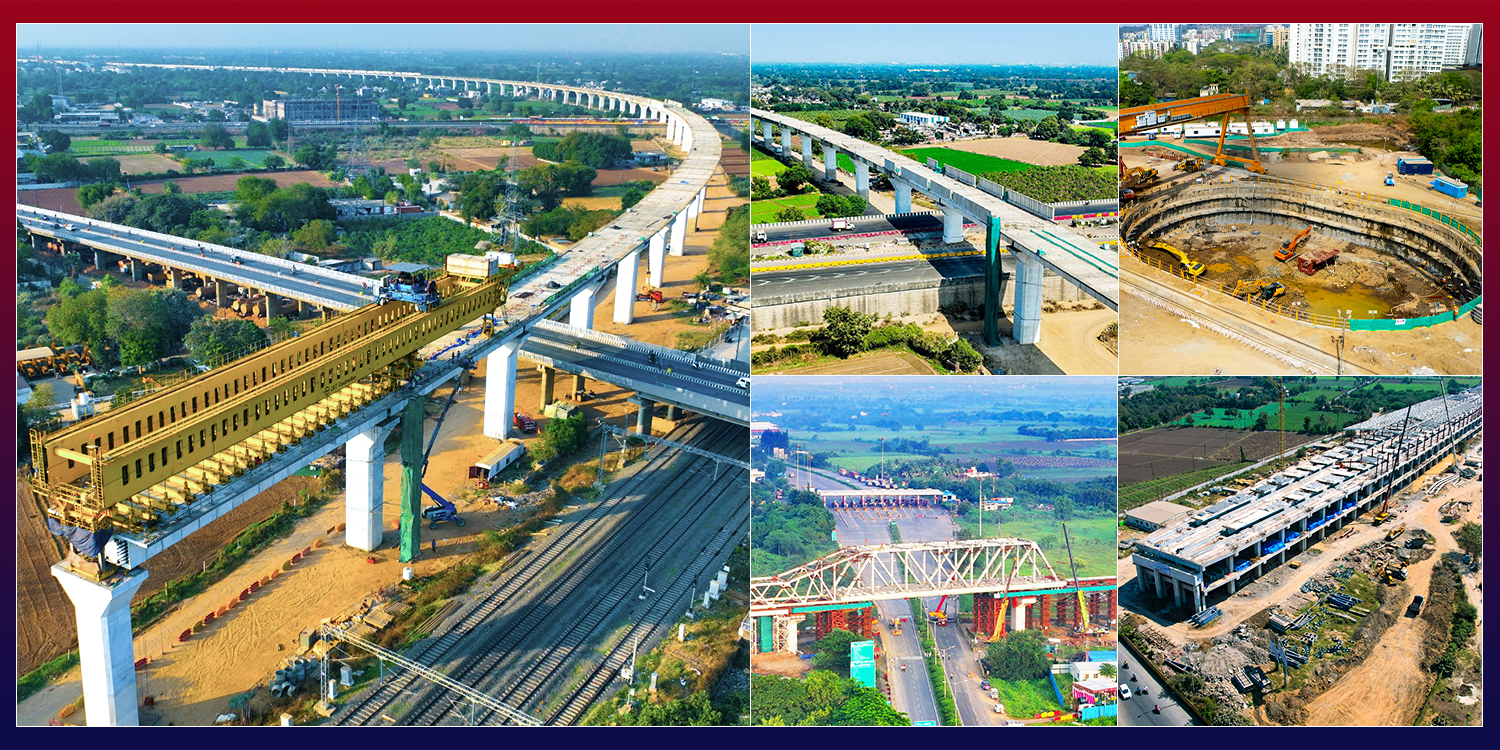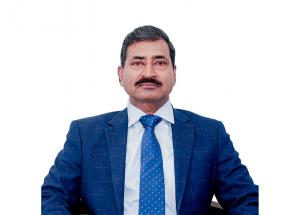Today, Shri Vivek Kumar Gupta, an IRSE 1988 batch officer, has assumed charge as Managing Director of National High Speed Rail Corporation Ltd. (Organisation executing India’s first bullet train project). Before joining NHSRCL, Shri Gupta served as the Principal Executive Director/Gati-Shakti at the Railway Board (Ministry of Railways). He was responsible for the integrated functioning of seven (07) departments: Civil (Works, Project Monitoring & Station Development), Electrical (RE), Signal & Telecommunication, Traffic, Finance, Planning, and Economic Directorates, operating as one cohesive team for planning & execution of all projects including station development of Indian Railways duly following the theme of PM Gati-Shakti program.
He has held various senior positions in Central & Western Railway, including Chief Administrative Officer (Construction), Chief Track Engineer, Chief Bridge Engineer and Divisional Railway Manager (DRM). In these roles, he was accountable for construction projects, encompassing the construction of new lines, gauge conversion, doubling/multi-tracking, traffic facility works, track construction works, and maintenance of railway bridges, among others.
During his tenure as Chief Engineer at Mumbai Rail Vikas Corporation (MRVC), he played a key role in project coordination for MUTP I/MUTP II and MUTP III, with a total cost of about Rs. 20,000 Cr. Additionally, he led the preparation works for the MUTP 3A project, costing about Rs. 34,000 Cr. His responsibilities extended to the coordination of all civil engineering aspects at MRVC and interactions with various agencies, including the World Bank, AIIB, MMRDA, CIDCO, and GoM, addressing planning and execution-related issues.
As DRM/Bhusaval between April 2019 and August 2021, he assumed overall responsibility for the Bhusaval division of Central Railway. His duties encompassed ensuring safety, efficiency, infrastructural works, revenue expenditure control, and staff welfare.


